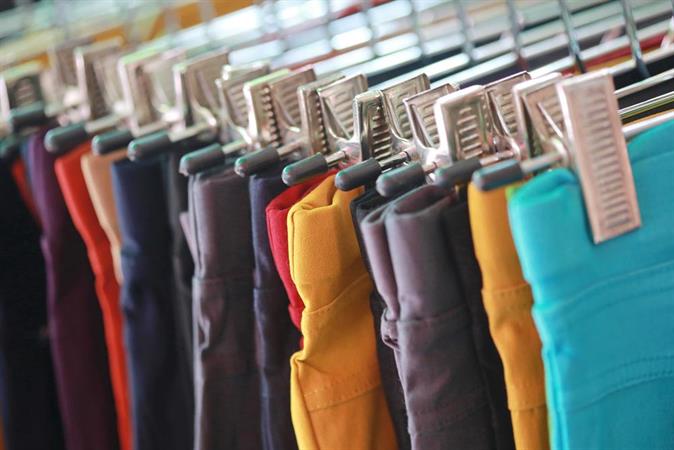Thirty two top global fashion brands and retailers today announced signing a pact that they would present at this week’s G7 summit in Biarritz to help protect the environment by fighting the climate crisis and protect biodiversity and the oceans. The companies include Burberry, LVMH, Kering, Hermes, Adidas, Nike, Gucci, H&M and Zara’s parent firm, Inditex.
The pact was concluded in Biarritz, according to global news wires. The fashion sector has been facing a backlash from the young generation that feels its contribution to climate change is more than that of the aeronautical and shipping industries combined.Thirty two top global fashion brands and retailers today announced signing a pact that they would present at this week's G7 summit in Biarritz to help protect the environment by fighting the climate crisis and protect biodiversity and the oceans. The companies include Burberry, LVMH, Kering, Hermes, Adidas, Nike, Gucci, H&M and Zara's parent firm, Inditex.#
The pact, is committed to establishing specific quantitative targets for tackling the challenges and will champion involvement by the signatories in other complementary sector initiatives and foster the development of accelerators in order to help meet the objectives set, according to an Inditex press release.
“Through the Pact, we will build on our work over the last decade to limit global warming, protect the world's oceans and restore biodiversity,” Burberry said in a statement.
“All of us here at Inditex are committed to sustainability, one of our firm's core strategic principles. The driving force behind this project is the conviction shared by all signatories about the shared responsibility to protect the world’s environment over the long term,” said Inditex executive chairman Pablo Isla in a statement.
“Inditex will eliminate the use of plastic bags by 2020 (an objective already achieved at Zara, Zara Home, Massimo Dutti and Uterqüe), and by 2023 it will have eliminated customer-facing single use plastics. By the same date, all waste generated at the Group's workplaces will be recycled or reused, and, by 2025 100 per cent of the cotton, linen and polyester used by all eight of its brands will be organic, sustainable or recycled,” Isla said.
"I know our customers and employees will be excited and proud that we're part of this new effort that will make tangible and meaningful progress in areas that are critical to the future success of our business, our communities and the environment," said Pete Nordstrom, co-president at Nordstrom.
The pact's objectives draw on the Science-Based Targets initiative, which focuses on action in three areas for safeguarding the planet: stop global warming by creating and deploying an action plan for achieving the objective of zero greenhouse gas emissions by 2050; restore biodiversity by achieving objectives to restore natural ecosystems and protect species; and protect the oceans by reducing the fashion industry’s negative impact on the world’s oceans through practical initiatives like gradually removing the usage of single-use plastics.
Environment protection will be a focus at the G7, with French President Emmanuel Macron and United Nations Secretary General António Guterres having expressed concern this week over wildfires raging through the Amazon.
Campaigners from Extinction Rebellion recently wanted the London fashion week next month to be scrapped in the face of the climate emergency.
Swedish group H&M is aiming to have 100 per cent recycled or sustainably sourced materials by 2030, up from 57 per cent now. It is also testing out a free mending service.
Marie-Claire Daveu, chief sustainability officer at Kering—whose boss François-Henri Pinault, was asked by Macron to help pull together the G7 fashion-industry deal—said the international fashion pact would enable global retailers to share best practices and ideas and combine their buying power to push for change right back to the agricultural practices involved in supplying raw materials.
But there are concerns that the G7 pact will only add to the complexity and confusion surrounding the issue of environmental sustainability in the fashion industry. Several retail and sustainable fashion experts reportedly feel they are worried that the array of standards and global groups that brands and suppliers are now expected to sign up to could divert resources from actual action. (DS)
Fibre2Fashion News Desk – India
